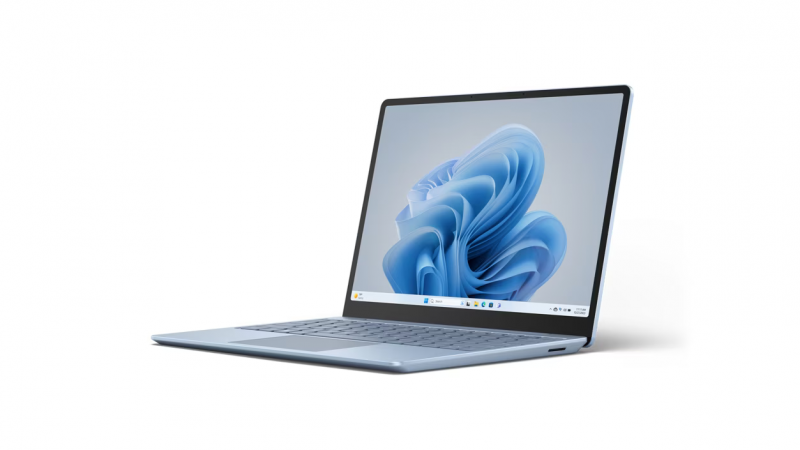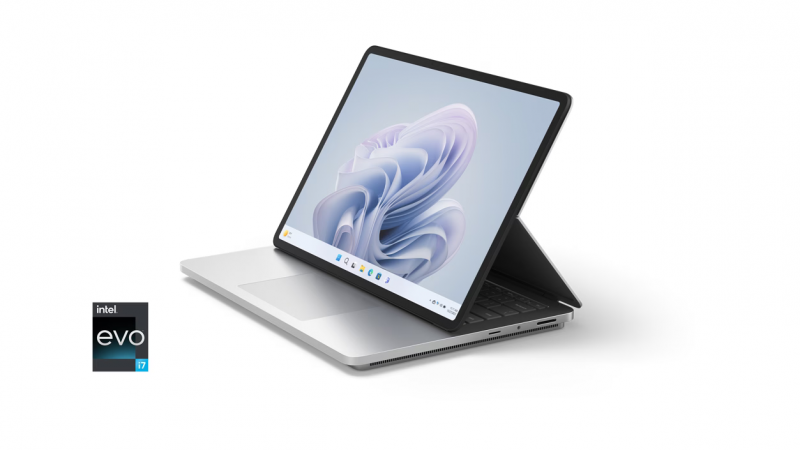 AI
AI
 AI
AI
 AI
AI
Microsoft Corp. is expanding the presence of its artificial intelligence Copilot in a unified experience throughout Windows 11 and Microsoft 365 and in its web browser Edge and Bing.
The early form of the update, announced today, will be coming to Windows 11 users through a free update starting on Sept. 26, and across Bing, Edge and Microsoft 365 products this fall. It will operate like a standalone app and a sidebar or it can be summoned with a right click when the user wants it to be used within the context of their work.
Microsoft Copilot is a generative AI-powered assistant capable of answering questions, drafting emails, producing presentations, summarizing meetings, creating images and more. Powered by OpenAI LLC’s GPT-4, it’s capable of using the context of what’s on the screen in order to generate text and graphics depending on what’s required by the user. Microsoft previously introduced it with test integrations into Microsoft 365 products such as Word, Excel, PowerPoint, Outlook and Teams.
Now it will be integrated directly into users’ Windows and 365 app experience for free with an update that will enhance a large number of different features across the entire operating system. It now appears as a sidebar in Windows 11 and allows users to control settings on their PC, launch apps and can even answer questions.
Numerous different apps in Windows have been upgraded with the AI experience. Paint now has an AI drawing tool with the addition of background removal and layers, and the AI tool can be used as a co-creator for generating imagery with text prompts. The Photos app can use the AI feature to blur backgrounds, and there’s improved search for photos stored on OneDrive. In Word, the Copilot can be called up with a click.
Updates to Copilot in Bing and the Edge browser can now use chat history with the Bing Chat AI chatbot with the AI to personalize results. For example, if a user has asked Bing to track a favorite band on tour, the next time the user is planning a trip, Bing will proactively offer if that band happens to be playing in the city at the same time. If a user prefers this not happen, it can be turned off in the settings.
Microsoft Shopping has also gotten the AI treatment with the ability to tailor recommendations for online shopping by discovering similar products based on images, locate lower-priced items and offer coupons. When users ask for information about an item, Bing will ask follow up questions to learn more and use that additional data to produce better results.
Bing Image Creator, a tool that lets people write a text phrase or prompt directly into the Bing Chat chatbot and have it produce images on command, is getting a massive upgrade with the OpenAI’s newly released DALLE-3 “text-to-art” AI model. Microsoft Designer, a graphic design all that allows people to create professional quality digital postcards, social media posts and the like, is also being integrated into Bing Chat so users will be able to more easily edit the images they create.
Images created with Bing Chat, and those made with Copilot in Paint and Designer, will also be invisibly watermarked to identify them as being created with AI. The watermark will include metadata that notes when the image was created, such as date and time and other information so it can be identified. This is similar to a tool developed by Alphabet Inc.’s Google DeepMind for its Imagen AI text-to-image creator model that can also watermark its generated images, called SynthID.
Enterprise users are also getting updates for Microsoft 365 Copilot that will integrate the Copilot Chat experience across their entire workspace through Word, Excel, PowerPoint, Outlook and Teams starting Nov. 1.
The new experience can mine a company’s entire knowledge base of data at work, including email, meetings, chats documents and even access the web. It acts as an assistant that’s capable of understanding the job and processes that workers are engaged in and can help them get their job done faster by residing in the applications they use.
Microsoft said that the new Copilot Chat experience is now in preview with a select group of customers and small businesses and will be available for $30 per user per month upon release.
Jason Wong, a distinguished vice president analyst at market researcher Gartner Inc., told SiliconANGLE that Microsoft’s strategy consists of “bridging consumer business experiences through Windows, Bing Chat and their new Surface devices optimized for generative AI workloads.”
“Windows Copilot and Bing Chat will become the entry points to introduce and train users in conversational and generative AI user experience, while Microsoft 365 Copilot will be more focused to drive productivity and business value,” Wong said.
Somewhat overshadowed by the AI announcements, Microsoft also unveiled two new laptops in its Surface lineup, the sleek next generation Surface Laptop Go 3 and the new Surface Laptop Studio 2 for professionals.

The Surface Laptop Go 3 is an ultraportable laptop designed for people who need something that they can carry with them that is under 2.5 pounds and features a 12.4-inch touchscreen display and a full-sized keyboard.
The battery should keep it going for about 15 hours on a single charge and it also supports fast charging. Inside it’s powered by an Intel 12th Gen Core i5 processor and for connectivity it provides USB-C for charging and USB-A ports along with Wi-Fi 6E and Bluetooth for wireless.

The Surface Laptop Studio 2 is designed for professional use with internals to match. Inside is a 13th Gen Intel Core that is can provide twice the power of the previous generation. As for graphics and content generation, users can customize the laptop with an Nvidia GeForce 4050 or 4060. For professionals such as engineers or designers, an Nvidia RTX 2000 Ada Generation can be dropped in. All of these RTX graphics processing units make them capable of AI-powered workloads, especially the Ada GPU.
The laptop features a 14.4-inch multipoint touchscreen display with a 2400-by-1600-pixel resolution and a full high-definition front-facing studio camera with a 1080p wide field of view. For connectivity, it has two USB-C ports with USB4 and Thunderbolt 4, a USB-A port and a MicroSD card reader. It also has Wi-Fi 6E and Bluetooth for wireless.
Microsoft also touted the new adaptive touchpad with adjustable sensitivity that Microsoft called “the most inclusive touchpad on any laptop.” Using this new technology, the touchpad can sense broader sections of skin than before, allowing use by disabled individuals who couldn’t before.
The Laptop Go 3 starts with a price tag of $799.99 and the Laptop Studio 2 starts from $1,999. Pre-orders start today and both laptops ship Oct. 2.
THANK YOU